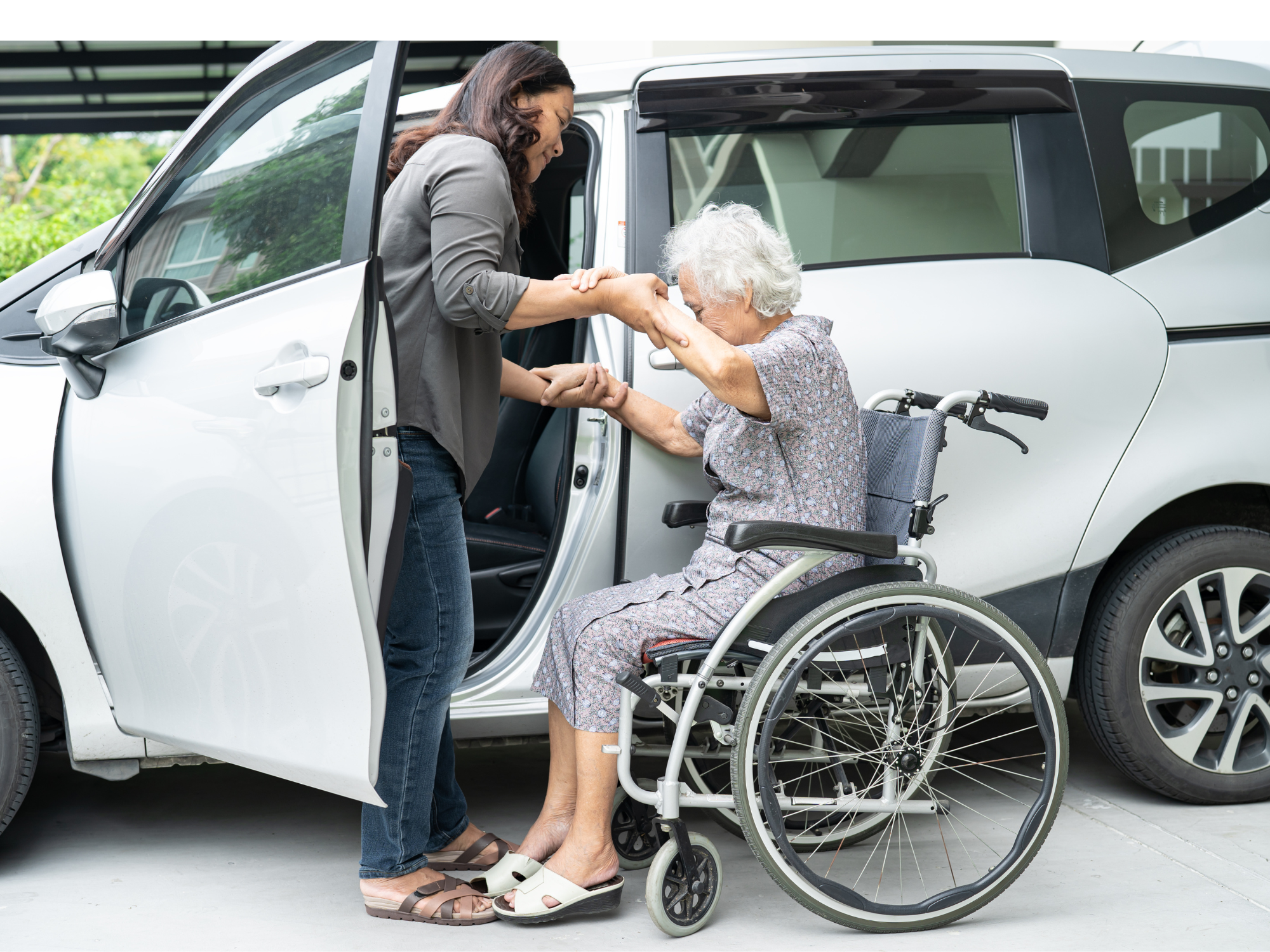As our loved ones age, maintaining independence and good health becomes increasingly important. Senior companions play a crucial role in supporting older adults, helping them live fulfilling and autonomous lives. In this blog post, we will explore the essential attributes of a senior companion and how they contribute to the well-being and independence of seniors.
Key Attributes of a Senior Companion
1. Empathy and Compassion
A senior companion must possess a deep sense of empathy and compassion. Understanding the emotional and physical challenges that seniors face allows companions to provide meaningful support and companionship. This emotional connection can significantly enhance a senior's quality of life, reducing feelings of loneliness and isolation.
2. Patience
Working with seniors requires patience, as tasks may take longer and communication may require more time. A patient companion can create a calm and supportive environment, helping seniors feel comfortable and respected.
3. Communication Skills
Effective communication is essential for understanding the needs and preferences of seniors. A good companion listens actively and engages in meaningful conversations, fostering a sense of connection and trust.
4. Reliability and Trustworthiness
Seniors and their families need to rely on companions for consistent support. Being punctual, dependable, and trustworthy ensures that seniors feel secure and confident in their daily routines.
5. Flexibility and Adaptability
Every senior's needs are unique and may change over time. A flexible and adaptable companion can adjust to new situations and challenges, providing personalized care and assistance.
How Senior Companions Promote Independence and Health
1. Encouraging Physical Activity
Senior companions can motivate and assist seniors in staying physically active, whether it's through daily walks, exercises, or recreational activities. Regular physical activity helps maintain strength, balance, and overall health, reducing the risk of falls and other health issues.
2. Supporting Daily Living Activities
Companions can assist with daily tasks such as meal preparation, light housekeeping, and medication reminders. By providing this support, seniors can maintain their independence and continue living in their own homes comfortably.
3. Providing Social Interaction
Social engagement is vital for mental and emotional well-being. Companions offer conversation and companionship, helping seniors stay connected and engaged with the world around them. This social interaction can prevent feelings of loneliness and depression.
4. Encouraging Healthy Habits
Senior companions can promote healthy habits by encouraging nutritious eating, regular medical check-ups, and adherence to medication schedules. They can also provide transportation to medical appointments and social events, ensuring seniors have access to necessary services and activities.
5. Monitoring Health and Safety
Companions can keep an eye on seniors' health and safety, noticing any changes in behavior or health that may require attention. This proactive approach can help address potential issues before they become significant problems.
Finding the Right Companion
Choosing the right companion for your loved one is essential for ensuring their comfort and well-being. Companies such as Just A Call Away specialize in matching seniors with the right concierge services tailored to their individual needs. With a focus on personalized care, they can help families find the perfect companion to support their loved ones in maintaining independence and health.
Conclusion
Senior companions play a vital role in enhancing the independence and health of older adults. By embodying attributes such as empathy, patience, and reliability, they provide invaluable support that enables seniors to live fulfilling and autonomous lives. Whether through physical activity, social interaction, or daily assistance, senior companions help ensure that our loved ones remain healthy and independent for as long as possible.












